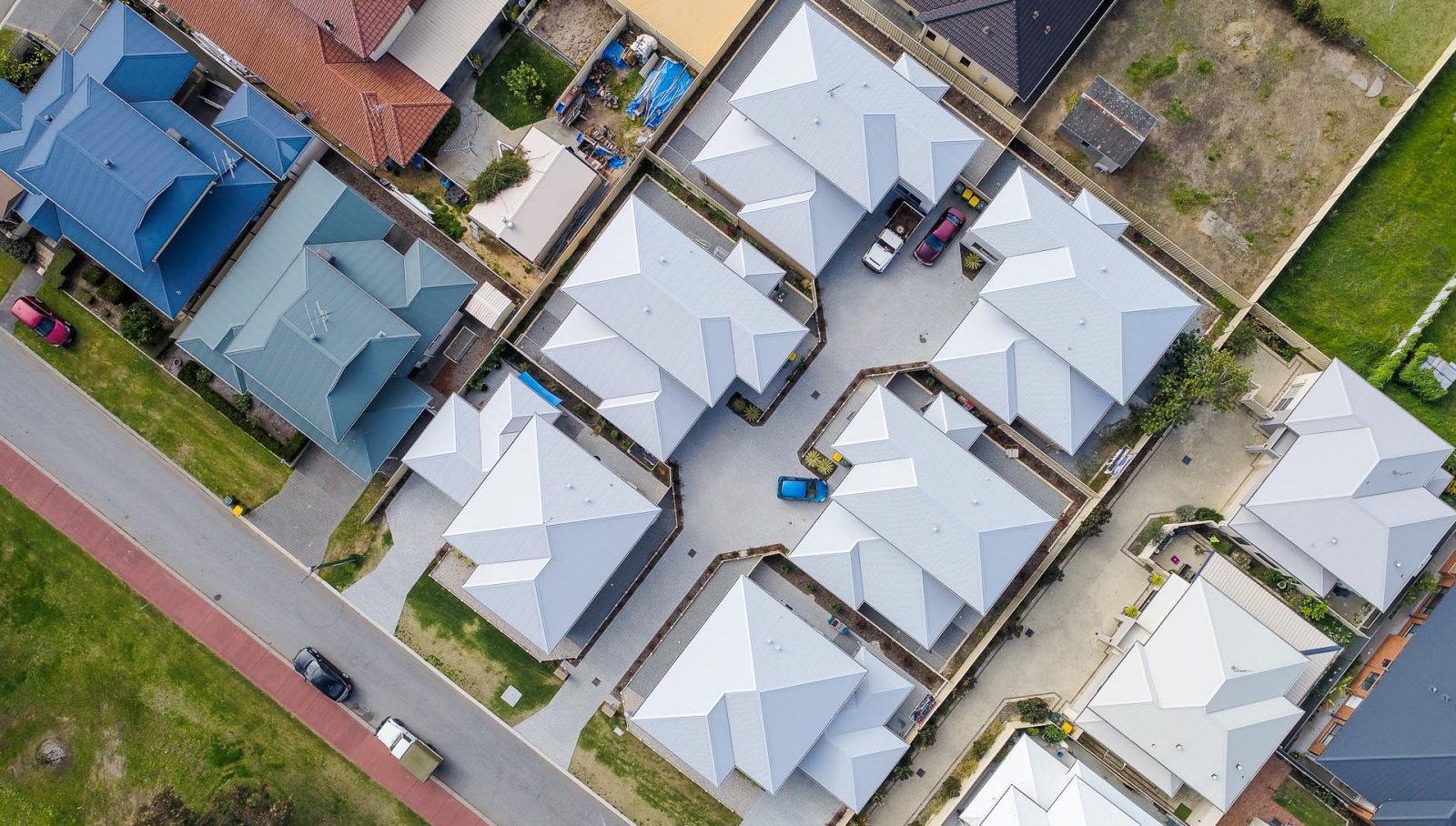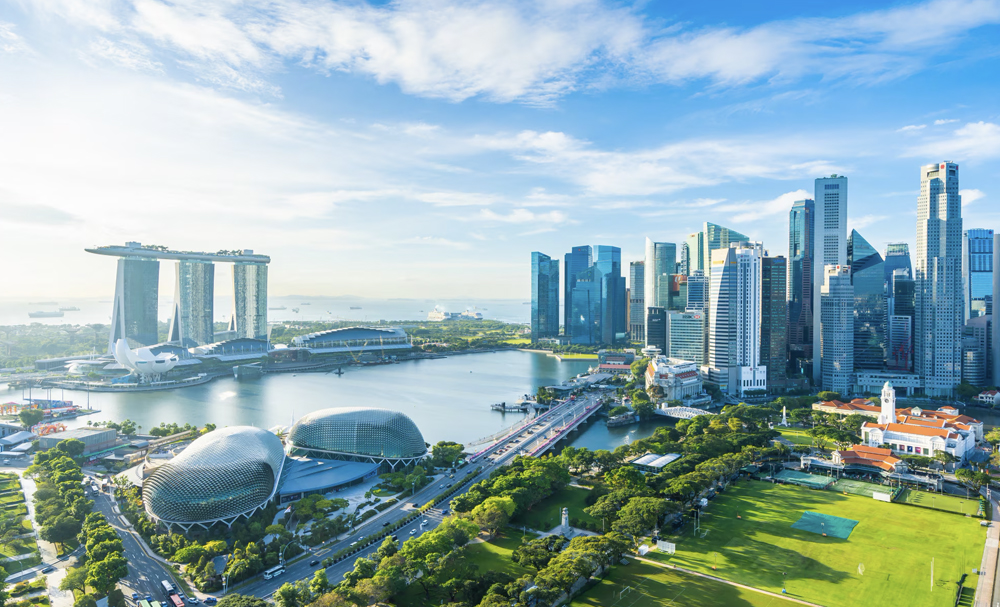Singapore, often hailed as a global financial hub, has increasingly attracted foreigners looking to invest in its vibrant property market. But is the dream of owning a slice of this cosmopolitan city-state as attainable as it seems? A variety of factors come into play, creating a landscape that is both enticing and complex.
While ambitious investors might envision lavish apartments with breathtaking views of the Marina Bay, the reality can be a bit more intricate. There are regulations to navigate, costs to consider, and market trends that fluctuate.
So, is buying property in Singapore easy or nearly impossible for foreigners? Let’s delve into the nuances of this topic and uncover the truth behind the glossy headlines and alluring advertisements.
Overview of Property Ownership Laws in Singapore for Foreigners

When navigating the intricate landscape of property ownership laws in Singapore, foreigners face a unique set of regulations designed to balance investment with domestic needs. Generally, non-Singaporean citizens can purchase private residential properties such as condominiums, but acquiring landed properties—think bungalows and terrace houses—requires approval from the government, which is not easily granted.
Additionally, there’s an Additional Buyer’s Stamp Duty (ABSD) imposed on foreign buyers that significantly increases the expenditure involved in property transactions.
Condos like Upperhouse present an attractive option for foreign investors, offering premium living spaces within the bounds of what’s permitted by local laws. While the market remains robust and appealing, with high demand and a strong legal framework, potential buyers should meticulously research their options and seek local expertise.
In understanding these nuances, one can begin to unravel the complexity of real estate investment in this vibrant city-state.
Types of Properties Available to Foreign Buyers

Foreign buyers in Singapore encounter a diverse landscape of property types, each with unique appeal and regulations. From luxurious condominiums perched high above the bustling streets, offering breathtaking views and modern amenities, to charming landed properties that provide a slice of suburban life, the options are vast.
However, it’s essential to navigate the rules set by the government; typically, foreigners can purchase private residential properties like apartments or landed houses, but the latter often requires specific approvals. Additionally, certain developments, such as executive condominiums, come with their own set of restrictions, making thorough research vital.
Whether you’re looking for a vibrant urban lifestyle or a tranquil retreat, understanding the property types available is the first step in your Singaporean real estate journey.
Eligibility Criteria for Foreigners Purchasing Property
When considering the purchase of property in Singapore, foreign buyers must navigate a set of eligibility criteria that can seem daunting at first glance. Generally, non-Singaporeans are permitted to buy properties, yet the landscape varies significantly depending on the type of property.
For instance, foreigners can easily acquire private condominiums without much hassle, but purchasing landed properties is more restrictive and often requires prior approval from the government. Additional regulations stipulate that some foreign entities may not be eligible at all, while individuals are usually subjected to a stamp duty system that levies higher rates on non-residents.
To navigate these intricacies, it is crucial for prospective buyers to thoroughly understand the regulations, which can be complex and may change frequently, ultimately shaping their investment strategy in this vibrant real estate market.
Conclusion

In conclusion, purchasing property in Singapore as a foreigner is neither entirely easy nor impossible; rather, it exists within a nuanced framework of regulations and market dynamics. While the process can be complex, with various restrictions and requirements to navigate, opportunities like Upperhouse illustrate the potential rewards for those willing to invest the time and effort.
By understanding the local landscape, seeking expert advice, and staying informed about policy changes, foreign buyers can successfully navigate the Singaporean real estate market. With the right approach, investing in property in this vibrant city-state can become a feasible and rewarding venture.


